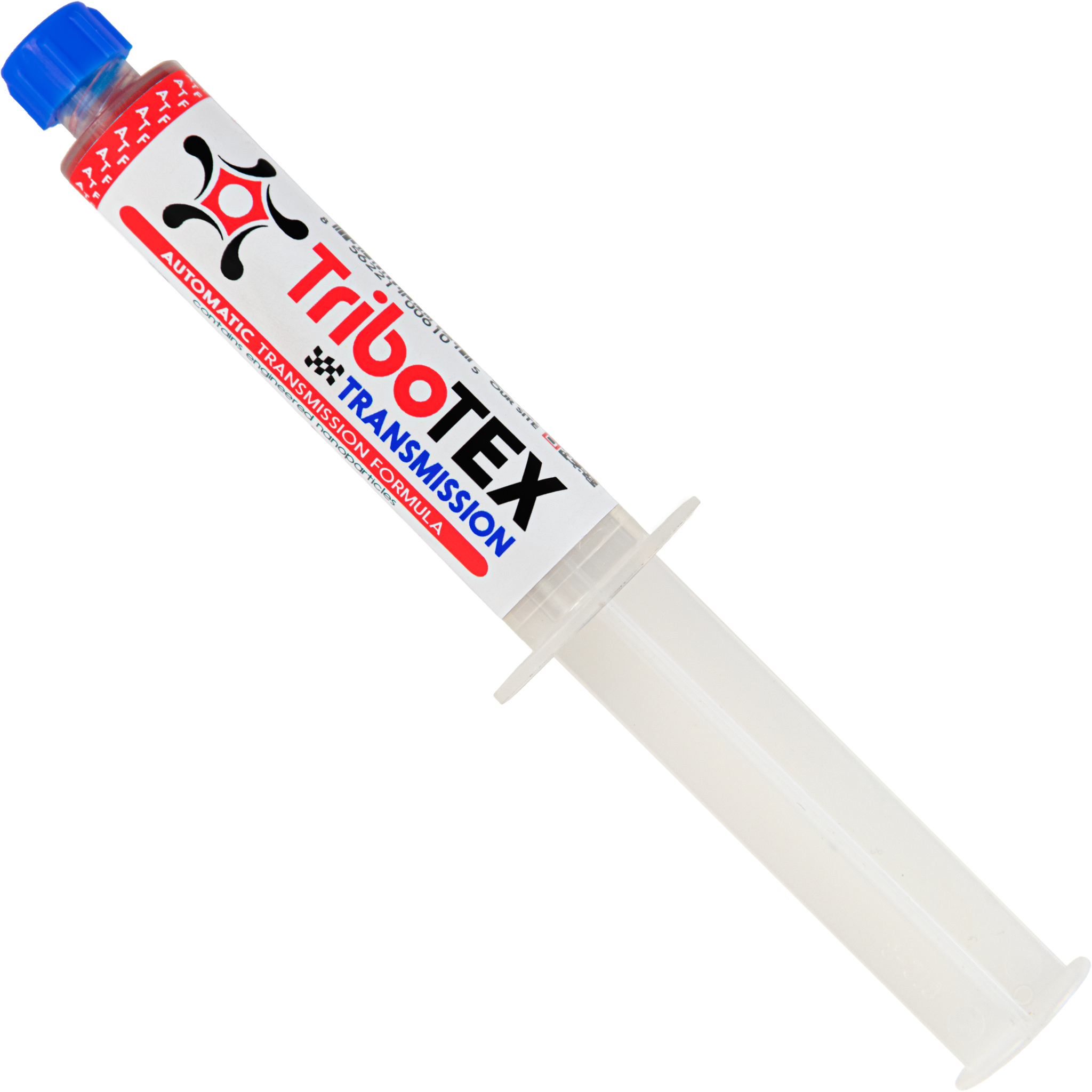I had a customer ask me a question today that I didn't know the answer to so I figured here would be a good place to ask.
In a transfer case or differential that has high mileage, say 250,000 or more, would it make sense to go with a thicker gear oil?
So say the manual says both 75W-85 and 75W-90 are in spec, is it right to assume that gears with that high of mileage will have more wear on them and that a thicker oil could help them run cooler and quieter?
I know those 2 options are not oceans apart but one has to go in the vehicle, so which one and why?
In a transfer case or differential that has high mileage, say 250,000 or more, would it make sense to go with a thicker gear oil?
So say the manual says both 75W-85 and 75W-90 are in spec, is it right to assume that gears with that high of mileage will have more wear on them and that a thicker oil could help them run cooler and quieter?
I know those 2 options are not oceans apart but one has to go in the vehicle, so which one and why?


